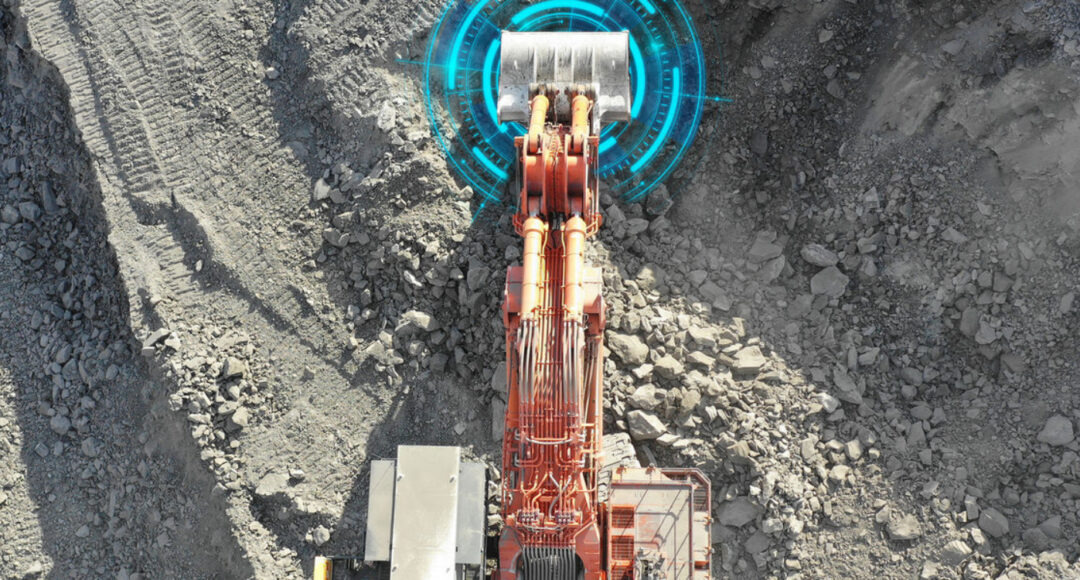B.Ariunaa
It is increasingly evident that the Fourth Industrial Revolution will profoundly alter supply chains, production methods, and distribution networks. Governments worldwide are focusing on this transformation, adapting their policies alongside industrial advancements. Simultaneously, as nations align their economies, scientific endeavors, and educational systems with the Fourth Industrial Revolution, opportunities to maximize profits while minimizing costs are emerging, intensifying global competition. Consequently, human resource strategies are swiftly evolving, with educational institutions now prioritizing the training of specialists in digital transformation and artificial intelligence.
In Mongolia, the National Industrialization Committee was established through Government Resolution No. 103 on March 22, 2023. Its primary objective is to prioritize viable industrialization projects and enhance the production of value-added and finished goods.
Processing facilities for value-added final products should undoubtedly be modern, with equipment that likely matches or closely follows global advanced models. The emphasis will naturally be on digital transformation. Therefore, the question naturally arises: Is there a comprehensive policy in place to train highly qualified specialists to meet the requirements for working effectively in these facilities?
CHANGE AND COMPETITION
The Industrial Revolution is a specific concept. Researchers indicate it is focused on advancing labor tools and equipment. Additionally, prioritizing this issue is crucial because updating all equipment and machinery can increase a factory's profit margin by 5-6%. In the digital economy, this margin is expected to rise significantly, potentially reaching up to 20%.
Hence, as companies and governments worldwide seek to integrate digital technology into the mining industry, they are also addressing workforce challenges in the field. Singapore, by implementing its "Smart Nation" program, exemplifies global digital transformation with substantial investments in this area.
South Korea has established a Technical Center focused on research and development in 5G technology, artificial intelligence, and semiconductor manufacturing, while placing significant emphasis on developing its human resources. Consequently, South Korea has emerged as a leader in the Fourth Industrial Revolution. Similarly, the People's Republic of China initiated the "Made in China 2025" program, aimed at transitioning traditional industries into digital technology-driven powerhouses while swiftly developing experts. As a result, innovations and applications in digital technologies by Chinese experts are now setting global standards.
Technology development in the Silicon Valley region of the United States has spurred significant advancements in the mineral industry, including the deployment of driverless machines in deep mines and the adoption of remotely controlled mines utilizing artificial intelligence. Countries like Israel with its "Startup Nation" initiative, Sweden with its "Innovation Center", the United Arab Emirates with its "Vision 2021", Germany with "Industry 4.0", and Japan with "Society 5.0" are focusing on human resource development and competing with each other through their respective educational policies. These initiatives demonstrate that countries foresee the rising demand not just for manual laborers, but also for engineers and professionals in knowledge-intensive sectors related to mining. This realization has now emerged in Mongolia.
According to a study, approximately 30% of all students in our country are currently pursuing IT-based professions. Despite the longstanding dependency of our country's economy on the mineral resources sector, it is evident that this reliance is likely to persist into the future. However, Mongolia currently lacks a comprehensive policy for training specialists within the context of industrialization. Instead, separate and segregated policies based on traditional forms of education remain in place. This approach is increasingly outdated in the modern world, where mining activities can be managed remotely, eliminating the necessity for human presence in the mines themselves.

EDUCATION AND BACKWARDNESS
It is estimated that Mongolia needs 30,000 engineers; however, universities and colleges can currently meet less than 20% of this demand. For example, there is a specific need for chemical technologists to establish processing plants and convert raw materials into finished products.
However, children have very limited opportunities to study and pursue a profession in chemical technology. The number of university quotas for high school graduates in each aimag does not exceed 2-3, which is insufficient. Moreover, there is a lack of career guidance and influence in both rural and urban areas to help steer career choices.
Advanced technologies such as artificial intelligence, big data, robotics, and automation are expected to explode in the labor market, potentially eliminating many professions and jobs forever, while simultaneously creating completely new roles and specialties that we have not yet imagined.
Indeed, for our country, which primarily relies on exporting raw materials, the primary objective is to establish processing plants for coal, oil, copper, and iron ore - key exports - and to enhance the production of value-added products using advanced technology and innovation.
In light of this, our higher education institutions must adopt a range of new measures to serve the Fourth Industrial Revolution. Currently, there is a significant gap in training and preparing experts in the mining sector, a cornerstone of the economy.
To ensure competent and knowledgeable higher education for future generations, the question of what effect the "Fourth Industrial Revolution" will have on universities will inevitably be raised. Therefore, let us formulate a comprehensive national education policy that mirrors the scope and ambition of our Industrialization Policy.